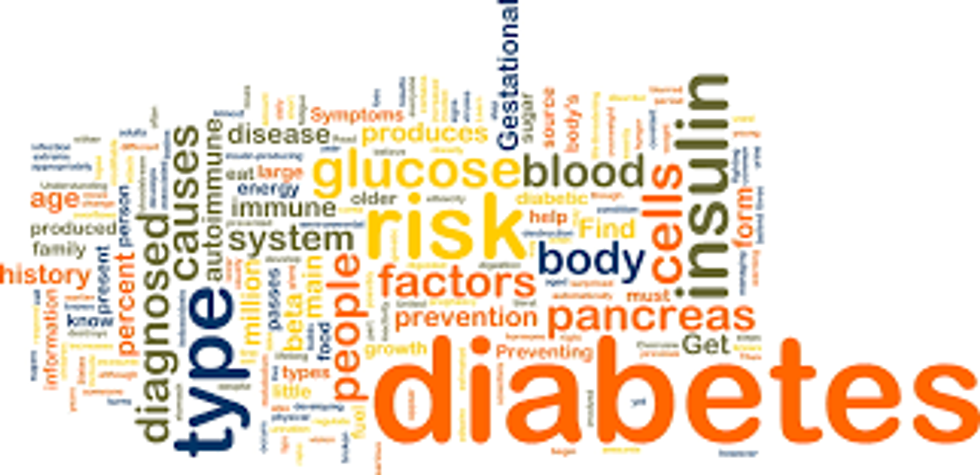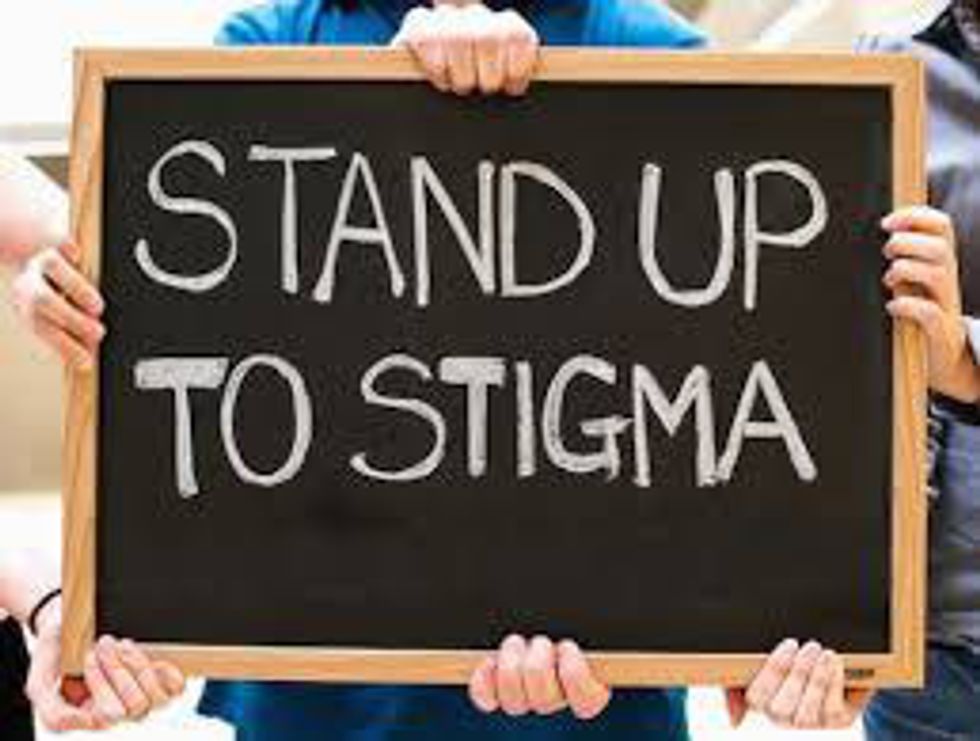"Fat people get diabetes."
"It's from having too much sugar."
"You don't look like you have diabetes."
These are stereotypes that people with type 1 and type 2 diabetes face everyday. Diabetes is a disease that people have many ideas about, but do not know a lot of facts about. There are many things that the general public does not know about the disease, which leads to common misconceptions. I was not made aware of these stereotypes until a few months ago when it was brought up in conversation and someone said, "Be careful, you might get diabetes."
I was very taken back by the comment and it made me realize that many people are uneducated about diabetes. According to the Juvenile Diabetes Research Foundation, "In Type 1 Diabetes, the body does not produce insulin. The body breaks down the sugars and starches you eat into a simple sugar called glucose, which it uses for energy." Type 1 diabetes is most prevalent in children, but can be diagnosed in adults as well. Therefore, it is often mistaken for type 2 diabetes. Alternatively, type 2 diabetes is most commonly found in adults where blood glucose levels rise higher than normal.
There is a big stigma among people that diabetes is associated with obesity. While it has been proven that lifestyle choices can affect a person's chances of getting type 2, it has relatively little to do with the disease. There is so much more to diabetes, especially type 1, than a person's weight.
Type 1 diabetes is a complex disease that involves watching overall carb intake, injecting insulin and constantly monitoring blood sugar levels. It is a 24/7, 365 days a year job for people with type 1 diabetes, which currently affects 1.25 million Americans. It is long nights trying to maintain blood sugar levels in order to go to bed, checking blood sugar over night and counting the carbs for every single thing that enters the body. It is people thinking that you drank too much soda as a kid, asking if you should "really be having that" and what you did wrong.
Although I personally do not have type 1 or type 2 Diabetes, I have a personal tie to the disease, so it is an important issue to me. People think that the disease may be a sign of weakness and that someone "did something wrong" in order to get it. Really, I think that it shows nothing but strength; strength to not let the disease change how you want to live your life. Strength to constantly monitor what you're eating and your insulin all day, every day. Strength to inject yourself and prick your finger countless times a day. Strength to do all of these things and not complain at all, so that some people may not even know that you have the disease.
Why is this important? We, as a culture, need to try to erase the stigma against diabetic people. It is something in people's DNA that cannot be changed and no one should be shamed for that. So, the next time you hear someone cracking a joke about diabetes like "oh, you're next" or "hope you don't get it," remind them that medical conditions and diseases are not something to be joked about.
For more information about type 1 diabetes, click here.
For more information about type 2 diabetes, click here.























